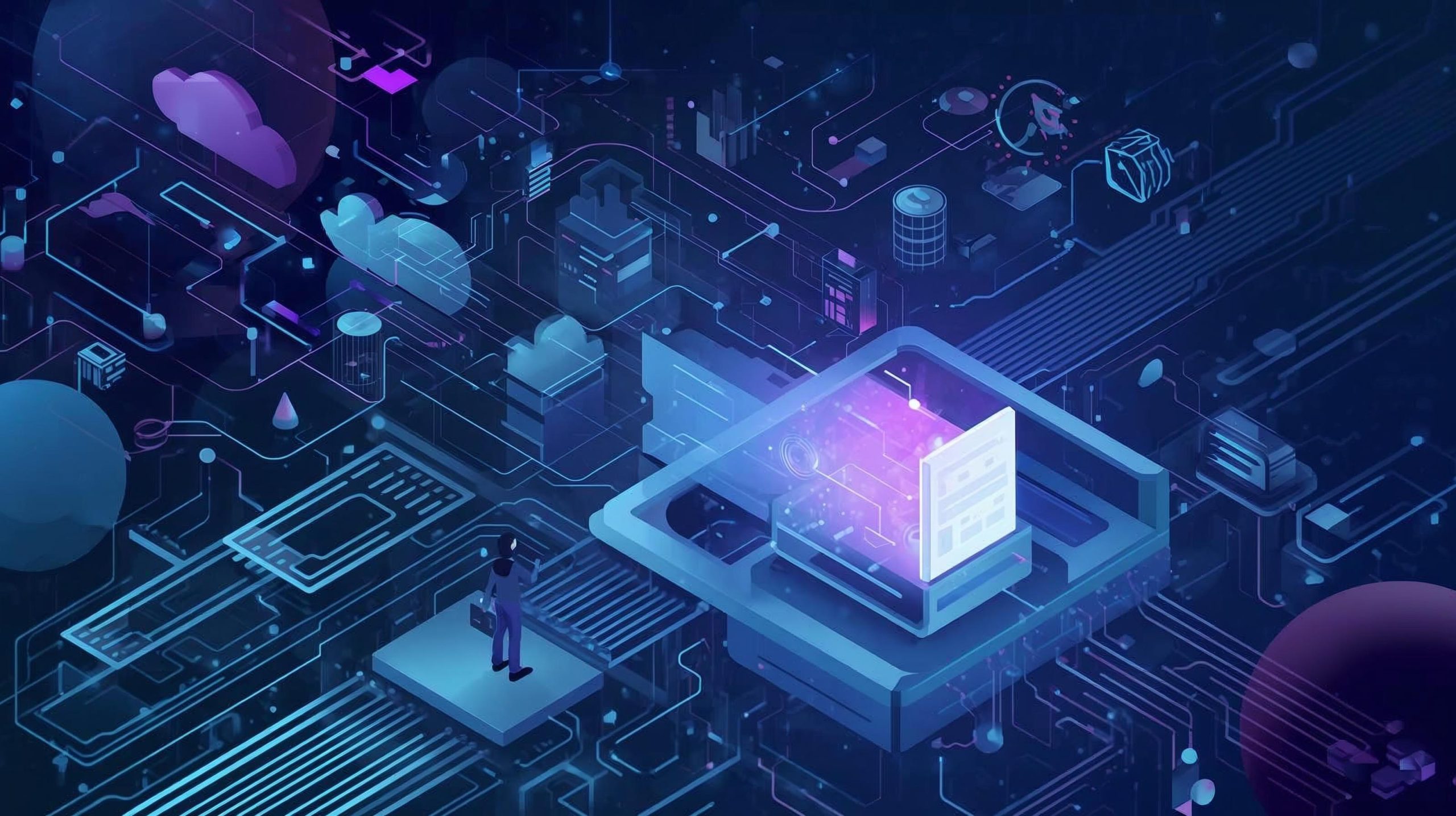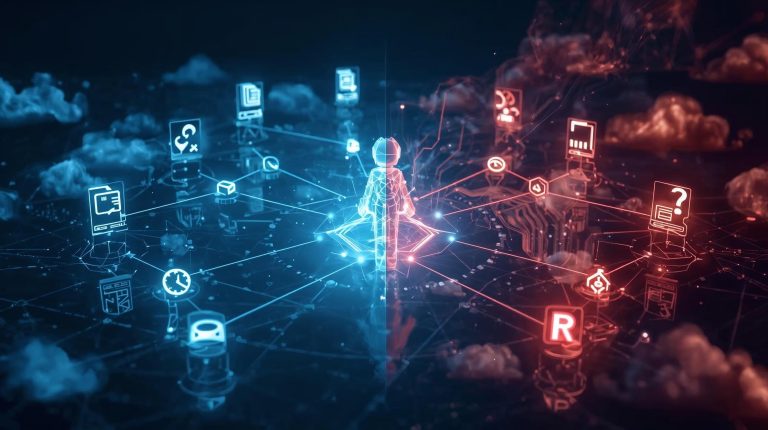
It is essential to understand the role of data engineers and AI. Imagine the last time you received a flawless movie recommendation. Behind that moment, a quiet transformation is happening in technology’s engine room.
As artificial intelligence gains momentum in 2025, the role of data engineers is changing significantly. This matters now because every leap in AI capability relies on the quality, reliability, and integrity of the data that powers it.
Data engineers are the architects of tomorrow’s digital intelligence.
Breaking Down the Shift: What Is Actually Changing?
At their core, data engineers build and maintain the pipelines that carry raw information from its source to platforms where it becomes useful. Previously, this meant managing networks for business dashboards or ensuring databases ran reliably for reporting.
Now, AI has shifted these pipelines to feed not only humans but also learning algorithms that adjust themselves with each input.
Picture a bakery assembly line. Data engineers once made sure every ingredient arrived on time, measured correctly, and mixed for the perfect recipe. Now their job includes guiding the process so that the smart oven, representing the AI model, learns to bake more efficiently, tweaks settings automatically, and even creates new recipes from data.
Investigative Insight: From Builder to Collaborator
Traditionally, data engineers operated in the background, setting up data flows and crunching numbers for analysts and executives.
With AI, their toolkit expands. They now feed data directly into machine learning models, monitor pipelines for bias and errors, and work closely with data scientists, software developers, and business teams to troubleshoot and optimize AI outcomes.
A flawed data source can skew entire AI predictions or physical systems. This is clear in cases like an autonomous vehicle making a wrong turn because its training data missed important variables.
Data engineers now take on more ethical responsibilities, such as labeling data transparently and ensuring fair use in algorithms. Their influence affects infrastructure and real lives.
Expert Clarity: Skills Needed on Data Teams
As AI advances, data engineers need new skills and perspectives. Mastery of cloud platforms and distributed systems is crucial for scaling AI workloads.
They need to understand model deployment, monitoring, and the cycles of retraining. These requirements now join SQL queries and ETL scripts at the core of their daily tasks.
The job remains rooted in data stewardship. However, engineers spend more time with real-time pipelines, prepping data for complex neural networks, and guiding teams through interpreting AI results.
As stage managers in a play, they must understand lighting, sound, and audience experience, working closely with AI technologies so every piece of data elevates the entire performance.
Takeaway: Why It Matters and What Comes Next
AI does not replace the data engineer. It amplifies their impact. These professionals move from solo builders to strategic partners, shaping intelligent systems for healthcare, finance, and climate modeling.
The bar rises for ethical, transparent, human-centered technology.
To anyone watching AI’s progress, the main insight is this: Data engineers now operate where data meets intelligence, and their work will determine whether future technology serves people well or automates confusion.
Knowing how data engineers and AI interact helps readers understand what meaningful progress really looks like.














